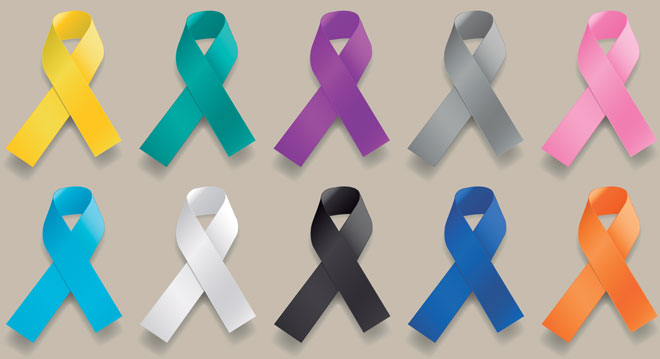NICE draft guidance recommends treatments for breast and lung cancer
Posted: 10 November 2016 | | No comments yet
NICE recommends 2 cancer drugs for routine use on the NHS as part of its programme to appraise treatments that were available on the Cancer Drugs Fund…


The National Institute for Health and Care Excellence (NICE) has today published draft guidance recommending 2 cancer drugs for routine use on the NHS as part of its programme to appraise treatments that were first made available on the Cancer Drugs Fund before it was reformed earlier this year.


To read about the changes to the Cancer Drugs Fund, click here.
NICE is looking again at everolimus (in combination with the drug exemestane) for treating HER2-negative, hormone-receptor-positive advanced breast cancer and crizotinib for treating non-small-cell lung cancer.
Everolimus
Novartis, makers of everolimus, offered a larger discount to the NHS meaning NICE can now provisionally recommend it for routine funding on the NHS.
Everolimus is licensed for use in postmenopausal women with this type of breast cancer if their disease has returned or progressed following initial treatment with a non-steroidal aromatase inhibitor (a type of hormone therapy) and if they have no symptoms from visceral disease (when the cancer has spread to the body’s other organs).


Everolimus is taken in tablet form and costs between £2,250 and £2,673 per patient for a month’s treatment without the confidential discount.
Everolimus stops a protein that regulates the division of tumour cells and growth of blood vessels from working properly, slowing the rate at which the tumour grows.
Professor Carole Longson MBE, NICE, said: “The committee heard that people with breast cancer would value treatments like everolimus that can be given when limited options exist once their disease becomes resistant to endocrine therapy, and because it may delay the need for chemotherapy and its associated side-effects.
“The committee concluded that everolimus with exemestane is effective in delaying the growth and spread of breast cancer and, with the revised patient access scheme, is a cost effective use of NHS resources.
“We are therefore pleased to recommend everolimus for routine funding for the estimated 1,500 people who are eligible to receive it.”
Crizotinib
In further draft guidance published today NICE has recommended crizotinib, which is marketed by Pfizer as Xalkori, as a second-line treatment option for some people with lung cancer.


Illustration of a lung cancer cell dividing
In NICE’s original guidance, crizotinib was not considered cost-effective as the evidence base was immature and there was uncertainty over its overall survival gain. For the reappraisal Pfizer provided analyses with newer clinical evidence as well as a further discount on the price. NICE already recommends crizotinib as a first- line option for some lung cancer patients.
Next steps
The final draft guidance for everolimus and crizotinib is now with consultees, who have the opportunity to appeal against the draft recommendations. Until NICE issues final guidance, NHS bodies should make decisions locally on the funding of specific treatments. Once NICE recommends a treatment ‘as an option’, the NHS must make sure it is available within 3 months (unless otherwise specified) of its date of publication.




